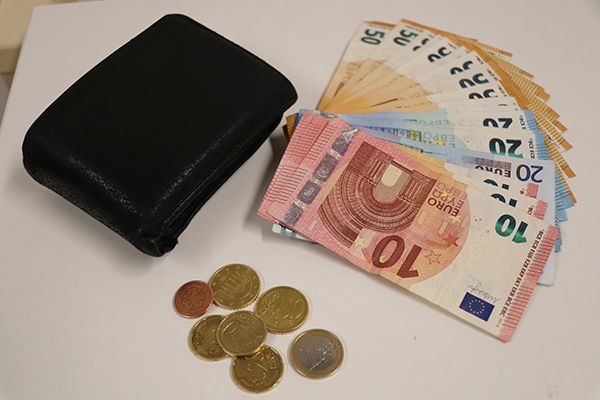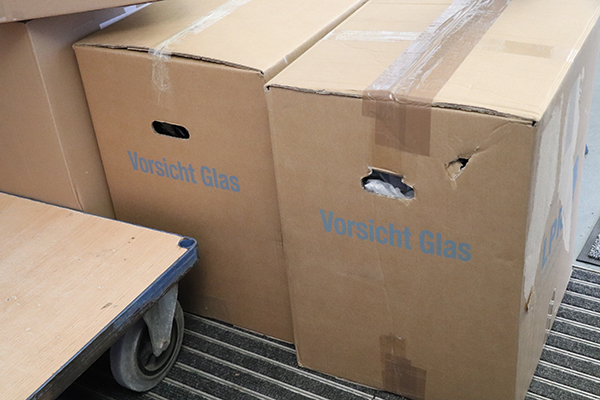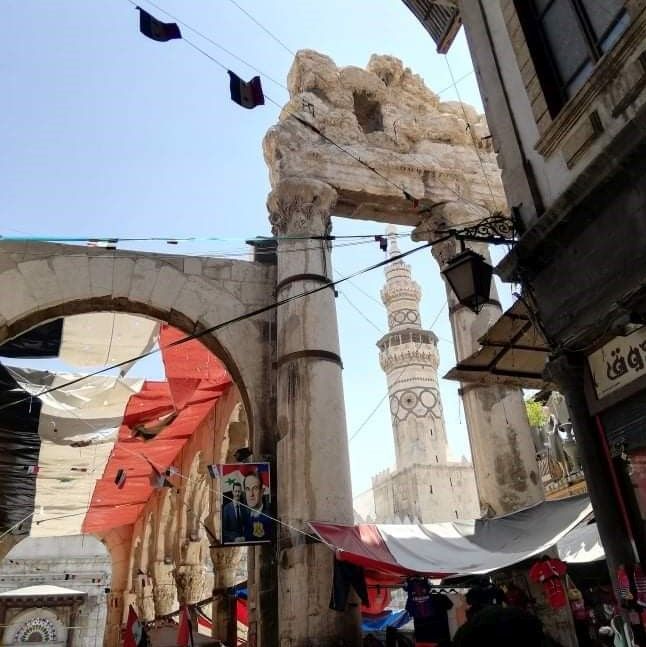By Oula Mahfouz
Paying Zakat to the needy is an Islamic religious obligation. The rules of zakat are derived directly from the Quran. Muslims who live in Germany after fleeing from war and following the Quran rules also practice this duty for God and a right for the poor. Zakat is one of the five pillars of Islam. Therefore, failing to comply with Zakat is considered a serious offense and a sin.
The word “Zakat” has both the meaning of “purify” and “growth” derived from the explanation of Muslim scholars: “Whoever pays zakat, Allah purifies and increases his wealth.” Muslims who don’t owe debt themselves or who don’t live below the subsistence level should pay 2.5 percent of their “net dormant capital” annually. This wealth includes money, investments, gold, silver, or estate as well as certain agricultural products and livestock. However, this does not enclude personal properties such as your private house, car, furniture, or office space.
The regulations for calculating Zakat are very detailed. In the case of cash, the Nisab (minimum amount of wealth) limit of the valid value of 85 grams of gold regulates who has to surrender. At the moment, that’s around 4,800 euros. Muslims must pay between 5 and 10 percent of crops, depending on how the farmer needs to irrigate his fields. Depending on the religious schools, Man must pay Zakat if he has more than 612 or 975 kilograms of crops. Surah At-Tawbah, verse 60 of the Qur’an defines eight categories of people to whom Muslims should pay zakat. The needy, the impoverished, travelers who face difficulties in their journey, and those who are in debt can also receive Zakat. Moreover, this includes those who collect and administer the Zakat. But also Zakat is paid to liberate slaves, prisoners, and those who have no income because they work for Islam can also receive Zakat.
In some countries, such as Saudi Arabia, Jordan, and Sudan, Zakat is considered a legal obligation. Therefore, the payment is also collected and controlled by state institutions. On the other hand, in Syria, Zakat is paid directly to the recipient groups of your choice, usually during Ramadan. In Germany, too, there is no controlling authority for Muslims to pay Zakat.
tun22052404
Geldscheine und Münzen. Foto: tünews INTERNATIONAL / Mostafa Elyasian.




